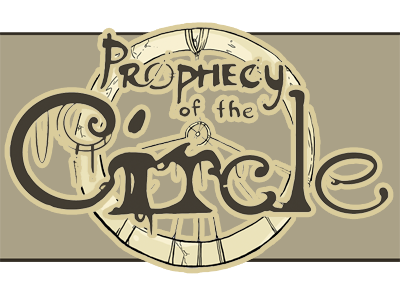She approached the ship carefully, unsure of what to expect. Her footfalls still echoed in the chamber, sounding around her and circling back, making it sound as if a hundred other tikedi were faintly scrambling around the edges of the room with her. Her breathing sounded too loud in her ears as she let the beam of light play across the ship’s surface.
She kept on coming back to that wound. The ship looked so strong, with heavy steel skin without even a trace of a seam in it. Whatever it was that had done so much damage, it had to have been a truly huge creature.
She could only think of one.
“When,” she muttered out loud, “did the Seradin encounter the tekk?”
There was no answer, of course, but her own voice playing back to her, sounding alien to her ears on its return.
She’d grown up on the stories all the same as every other tikedi child. Her mother couldn’t tell them – it was her father who did – but she listened and her face said she knew them, too. The Seradin had come to Tieke City in the times when the tikedi of the cliffs still lived at the mercy of nature, and nature did not have much mercy. Teykaneska, their leader, had come from the stars, from the skies, her light manifesting as a star itself that became bigger and brighter until it streaked into the forests and changed the course of their people forever. She brought friendship first, a patient curiosity and an earnest desire to learn Tieke ways and Tieke language. Some said she could change her face, adjusting her features to what was most pleasing to those she talked to.
Her true form, so the Sisters said, was the one immortalized in stone high above. A tall figure, easily twice the size of a tikedi, lithe and long-legged, with thick-toed flat feet, ears like a Tarsin, and teeth like a predatory fish. Her fur had been pearlescent and so short that it was only visible to the eye as a softness of her edges.
But most often, she was depicted as one of them. As a tikedi. As a Tieke. Such were the ways of myths and legends.
Only there was proof that she had not been a mere legend. That proof was strewn all around Halena, and there was more than even the stories could account for.
Stories that spoke of a great and benevolent being who spent all of her time among the tikedi of the cliff cities, helping them to build deeper and stronger, helping them to better interact with their world and to build great wonders machines to propel them forward in their development, further than they should ever have been allowed.
All until one day she left and never returned, leaving behind much the of the treasure she’d brought with her. The majority she’d never explained, and the Tieke would spend the next centuries trying to understand its secrets alone, until the war.
Much of it had been taken or forbidden under threat from their neighbors to the south, who feared the rising powers of the Tieke. Though the Harangin had none of Teykaneska’s gifts to help them, they had a strength and determination of their own, and they did not stand for it when the Tieke were given an advantage they saw as unfair and unwise.
To avoid a war that would have had to rage until one whole race was dead, be it Tieke or Harangin, the remains of Teykaneska’s trove was buried either beneath the Temple, forbidden to see use among the citizenry, or stolen away where temptation could be avoided entirely. All to preserve the balance of the world, to keep all their cultures alive, and to maintain peace.
It was tragic, really.
But more to the point, it was an incomplete history. There were no stories of Seradin entering the Crater and interacting with the tekk. To do so would have been madness. The tekk protected their own corner of the world with fierce determination, taking blood in exchange for trespass. So it had always been.
And yet.
She shone her light over the ragged edges, studying them, and then flicked it to the inside of the ship beyond.
It was time see how much more there really was to the story. She hopes the ancient machine still knew how to talk.
